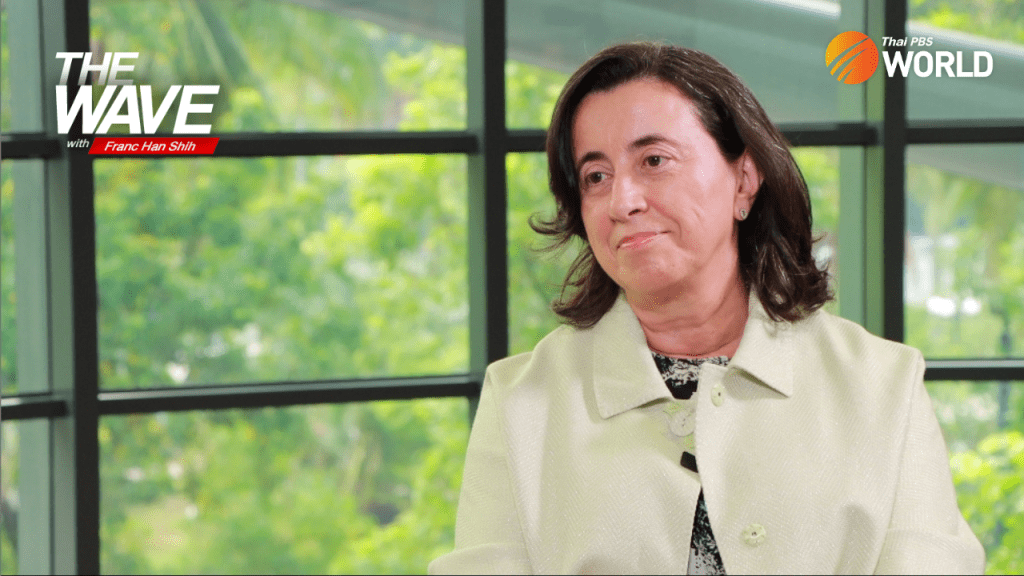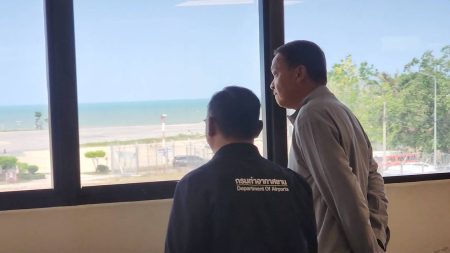As Thailand aims to boost its economy and become a high-income country by 2037, the government must address several major challenges. Ensuring climate-resilient development is crucial for sustaining economic growth due to the significant impact of increased flooding on the economy.
During an exclusive interview with Thai PBS World, Manuela V. Ferro, Vice President of the World Bank for East Asia and Pacific, proposed that collaboration between the Thai government and the World Bank could expedite the completion of a flood management project in the Chao Phraya River basin.
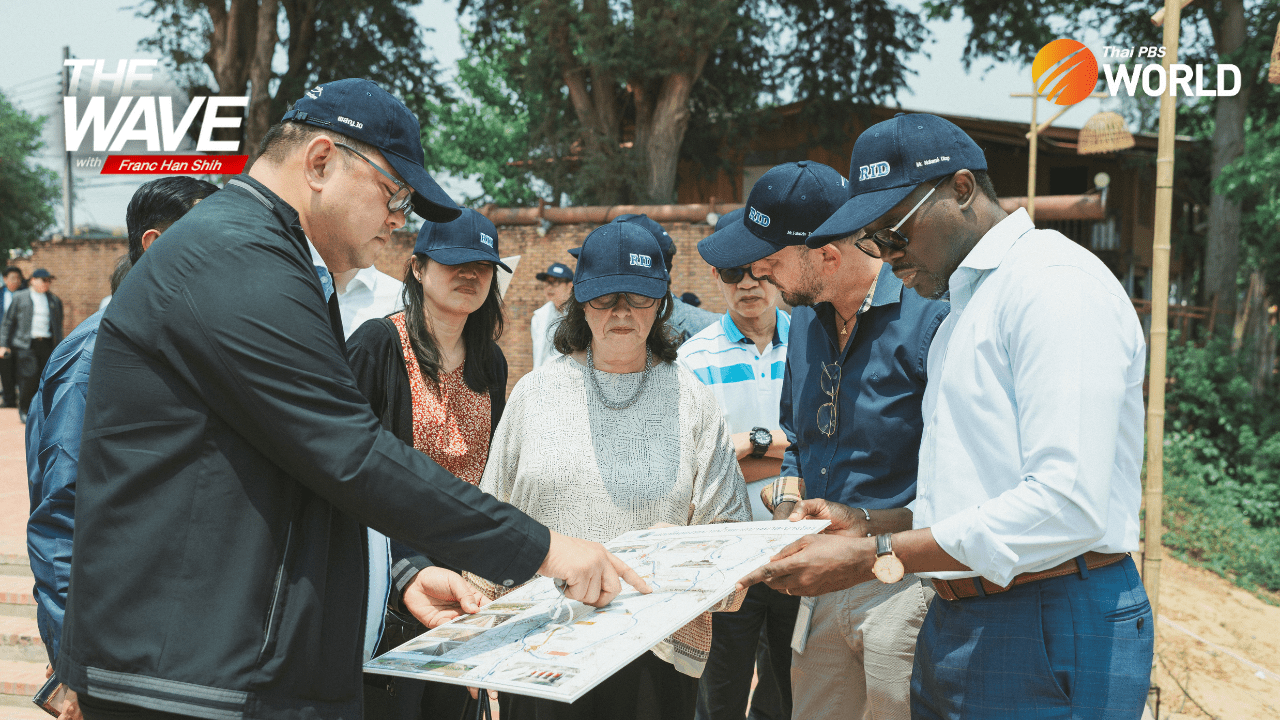
The Vice President stated, “Thailand’s government is carrying out a significant, intricate, and ambitious project to manage flooding, which necessitates resources and expertise. The World Bank is prepared to assist and support the government of Thailand in completing this project. If only government resources are utilized, it would take 20 years, but with the involvement of other resources, it can be finished in 6 to 7 years.”
Ferro highlighted Thailand's high vulnerability to natural disasters and the increasingly frequent floods, which have negatively impacted the country's economic performance, endangering millions of lives and the nation's competitiveness. Notable among these events were the 2011 floods, which affected 13 million people and resulted in economic losses estimated at US$46.5 billion, equivalent to 12.6% of the GDP.
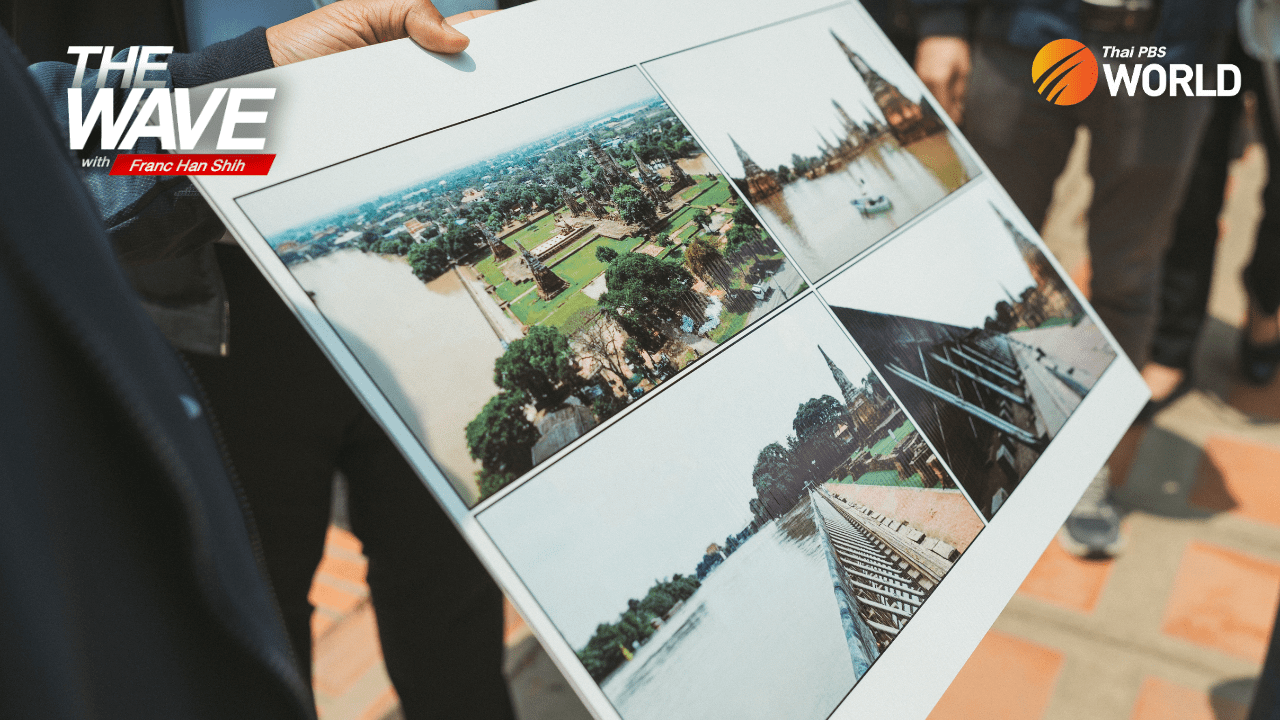
The “digital wallet” scheme may lead to inflation
“The scheme could cause inflation, which prompts the Central Bank to increase interest rates. Eventually, the economy could slow down. The government needs to think about alternative uses of this budget, since resources and the budget are limited.”
Achieving efficient flood control requires long-term commitment, yet Prime Minister Srettha plans to reinvigorate the economy with the widely publicized digital wallet scheme, by distributing 10,000 baht to Thai citizens. Ferro suggested that it would be reasonable for the funds to be targeted at those in need. However, in terms of a long-term development strategy, the scheme might not be effective.
Ferro stated, “Optimizing the budget to enhance the quality of education, investing in engineering schools, or implementing flood controls in economically significant areas could be an alternative.”
Investing in education is crucial
In addition to climate-resilient capabilities, Ferro emphasized the significance of education and skilled labor during a meeting with Prime Minister Srettha Thavisin. Despite the opportunities available to Thailand during the global supply chain reset, Ferro mentioned that the government needs to strategize what Thailand can offer in terms of new investments.
“We discussed how to capitalize on these opportunities by attracting more investments, which is a priority for the Prime Minister. We also deliberated on what Thailand could provide. Thailand can present a more favorable business environment,” Ferro noted, adding, “For instance, if the labor force is skilled, educated, and able to contribute, aligning with the country's aspirations to move up the value chain, which demands more engineers, skills, and services, it signifies the need for increased investment in education. We also believe that there is potential for Thailand to transition to a more environmentally friendly economy through energy transition and renewable energy.”
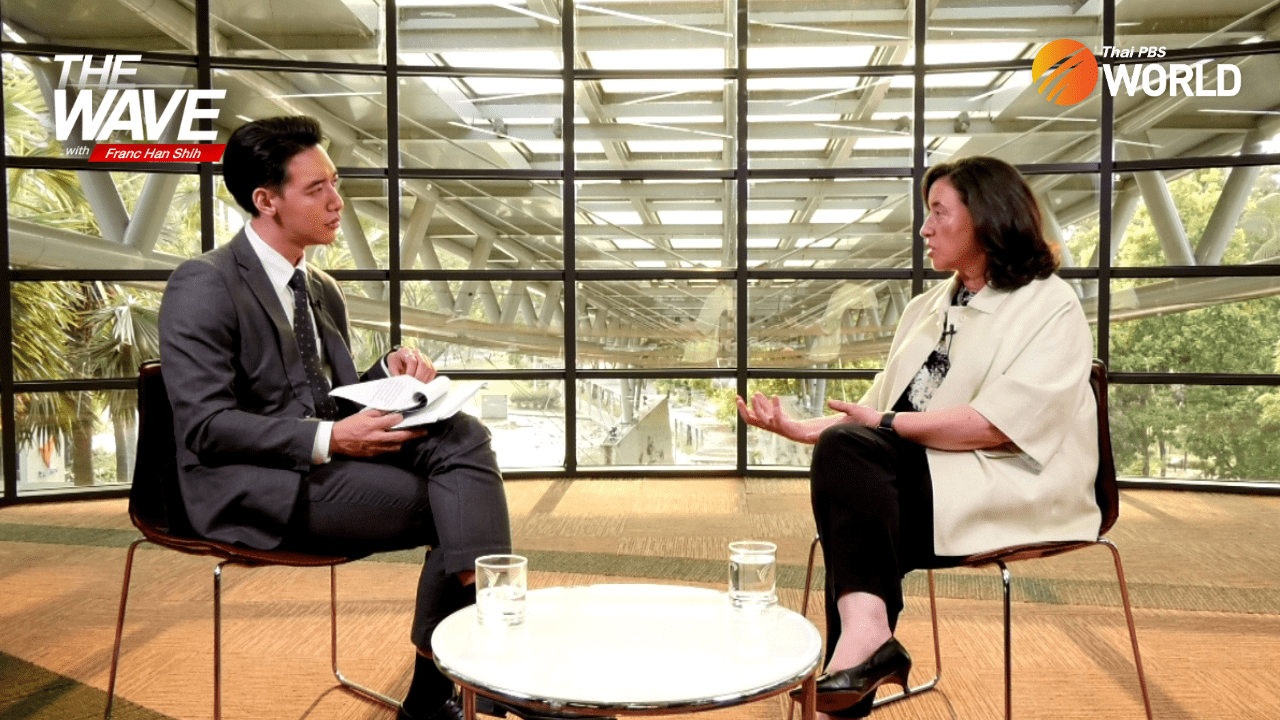
Thailand has a geographical advantage within ASEAN
Because the strategy relies heavily on tourism, Thailand’s economy has been at a standstill since the pandemic. To promote economic growth, the Vice President mentioned that simplifying the complexity of conducting business and expanding vital infrastructure are crucial.
Prime minister Srettha, who also acts as a promoter for Thailand, is making efforts to attract national leaders and business leaders for future investments in the country, while neighboring countries such as Vietnam offer appealing incentives and a favorable business environment for investors.
However, the Vice President noted that Thailand has an advantage in its geographical location, which allows for easy connectivity to China, Southeast and South Asia, and offers a more sophisticated environment.
“Thailand has a strategic location, but the question is how the country is positioning itself to attract more investment, because there are many countries which, after growing quite fast, plateau. Thailand has to ensure that this is not the case,” stated Ferro, adding “This is a critical period, when the government needs determined policy-making. There is an appetite to grow in the business sector. As Thailand is well-connected to several countries in this region, the government could invest more in connectivity through transport and regional trade in energy.”
“Also, digital connectivity is important. Broadband in Thailand is quite costly, so the government could bring the price down,” Ferro said.
The Vice President ended the trip on an optimistic note about the economy, stating that the World Bank will continue to support infrastructural projects and flood management after a 75-year partnership with Thailand. Ferro added that Thailand is prepared to host the 2026 Annual Meeting of the International Monetary Fund and the World Bank Group, which helps Thailand gain more international exposure.
By Franc Han Shih, Thai PBS World
Full interview:





